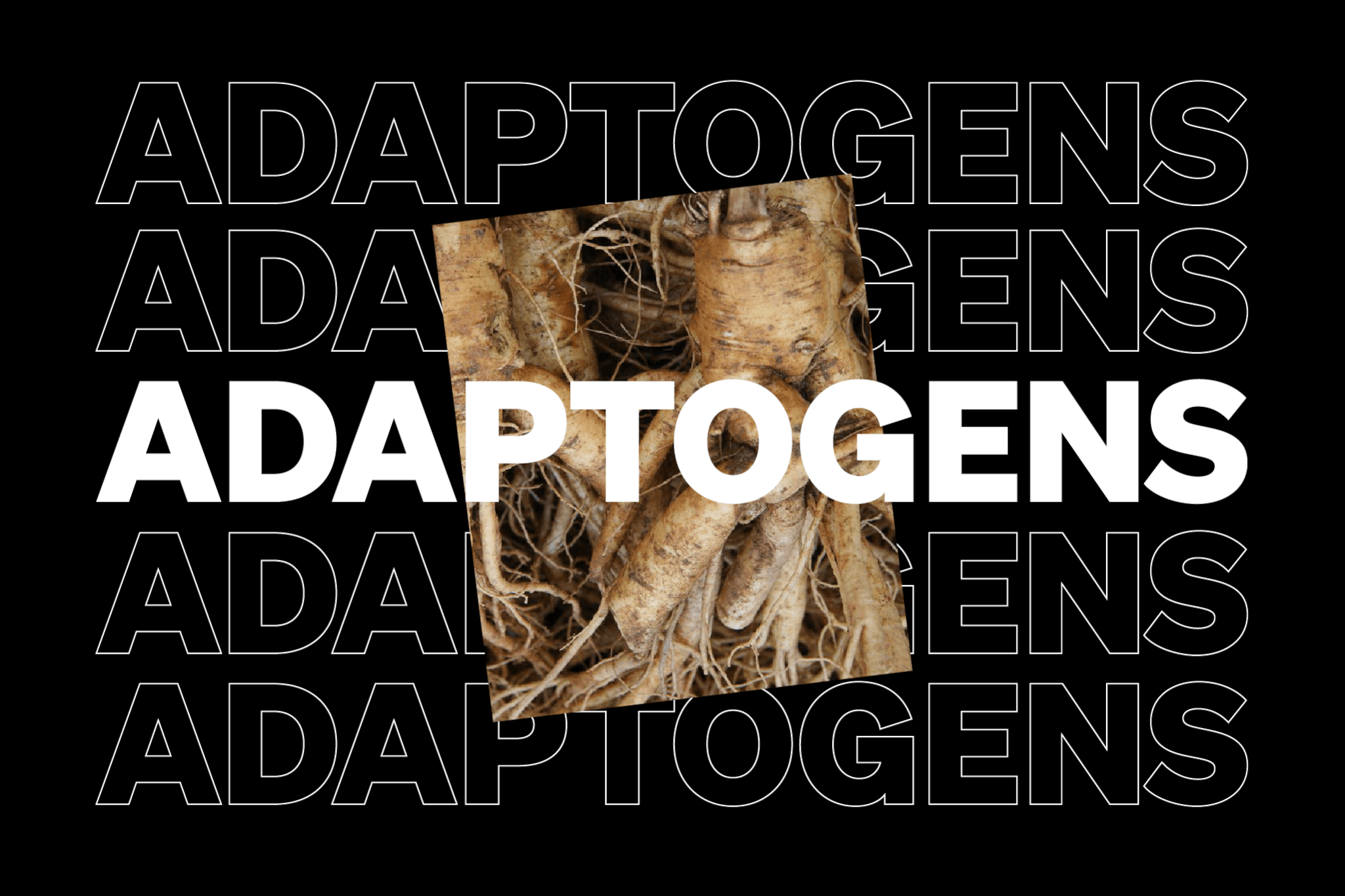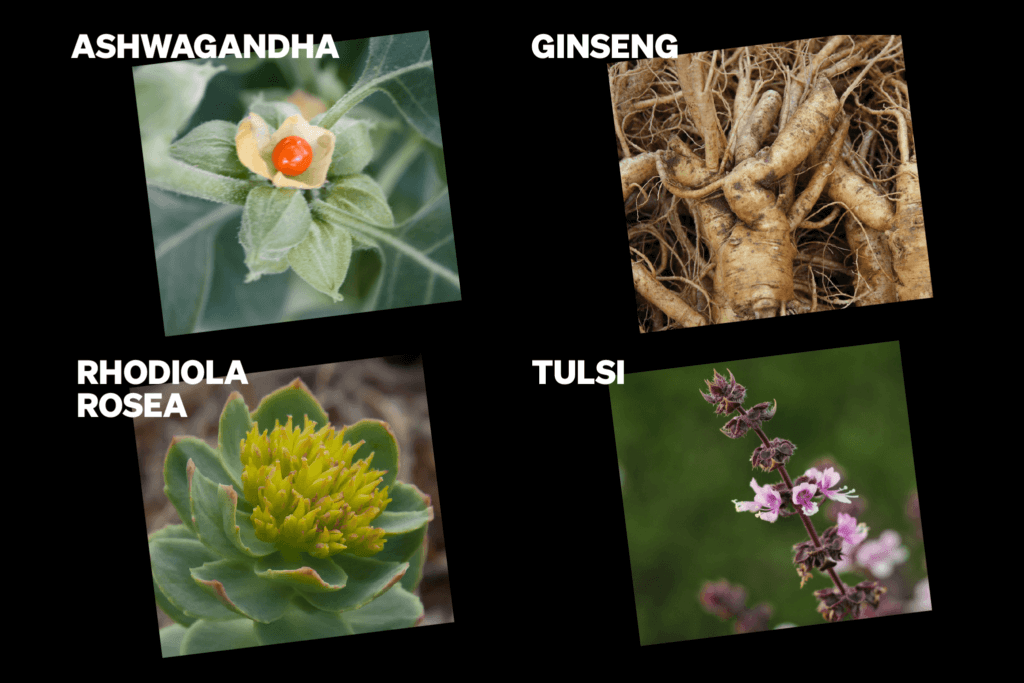
To no one’s surprise, we’re big fans of herbal medicine here at Verano, and that includes adaptogens. Active ingredients found naturally in certain plants and mushrooms, adaptogens can help your body maintain homeostasis in the presence of excess stress, anxiety, illness, and fatigue. And although adaptogens have been around for centuries in Eastern medicine, they’re more popular than ever in today’s volatile, destabilizing world.
Adaptogens are a key component of Bits, our new line of edibles, so we want to give you a taste of what adaptogens are and how they can support your overall well-being.
Adaptogen 101
Adaptogens can help you physiologically adapt to physical and mental stress, hence the name, and can be found in tinctures, food (e.g., edibles), drinks, and most commonly in supplemental capsules or powder form. In order to qualify as an adaptogen, a plant has to be non-toxic when taken in normal doses and able to help your body maintain balance. To achieve that homeostasis, adaptogens increase or decrease the amount of chemical reactions or hormone levels in the body. And while not a cure for chronic stress, depression, anxiety, or any disease, they can help you weather these challenges with more ease.
Although cannabis is not defined as an adaptogen, it has some similar therapeutic benefits. Research is still limited, but early studies suggest that combining the two can enhance the effects of both products—making them the perfect addition to our edibles.
Types of Adaptogens

At least 70 different plants are considered adaptogens. Here are some of the most common types.
Ginseng – There are two types of ginseng adaptogens, American ginseng and Asian ginseng. American ginseng provides immune system support, reduces inflammation, and relieves pain. Some studies suggest it can regulate mood and reset dopamine levels. Studies of Asian ginseng have shown it helps relieve mental and physical fatigue and improves energy. Both types of ginseng have been shown to reduce fatigue in clinical trials.
Find ginseng in Bits Guava Go.
Rhodiola Rosea – Also known simply as rhodiola, studies have shown rhodiola rosea can significantly help with fatigue as well as anxiety and depression. It’s also been associated with increased mental performance.
Ashwagandha – Also known as Indian ginseng, studies of Ashwagandha have shown that it can significantly reduce anxiety and help you relax by calming how your brain responds to stress. Many people love ashwagandha because it features an antioxidant with anti-inflammatory properties that can reduce swelling.
Find ashwagandha in Bits Yuzu Zone.
Tulsi – More casually known as ‘holy basil’ or ‘the queen of herbs,’ Tulsi alleviates anxiety and promotes focus. One study found Tulsi reduced stress and depression in patients with generalized anxiety disorder. In addition to its anti-stress benefits, it can also boost your immune system.
Our Bits line also features rose hip, guarana, reishi, elderflower, acerola, and lemon balm. Discover how these adaptogens can boost your well-being here.
Are Adaptogens Risky to Take?
In short, no—not typically. But know that adaptogens are not a one-size-fits-all solution. Just because they worked for your friend, for example, doesn’t necessarily mean you’ll have the same experience (sound familiar?). Every individual reacts differently to different adaptogens, which is why it’s important to do your own research and consult with a doctor, naturopath, or herbalist.
Though adaptogens are generally well-tolerated by adults, that doesn’t mean they’re entirely free of side -effects. Though exact reactions vary based on the plant, the most common side effects of adaptogens include:
- Abdominal pain
- Allergic reactions
- Constipation
- Diarrhea
- Nausea
Adaptogens tend to work best in low doses and for short periods of time (less than six months). When taken for longer, your body can build up resistance, making them less effective. Taking larger doses than recommended can also increase your chance of side effects.
Additionally, adaptogens can react with different types of medications and affect how they work—particularly for people with hypertension, diabetes, insomnia, hypothyroidism, and depression. Even if you aren’t on medications for these conditions, you should consult with a healthcare professional before you start taking adaptogens to make sure you’re in the clear.
Plants can serve as powerful medicine—we firmly believe that. If you’re ready to boost your next cannabis experience and your well-being, visit your local dispensary to see what types of adaptogenic cannabis products they have in stock. And keep an eye out for Bits in your local dispensary!